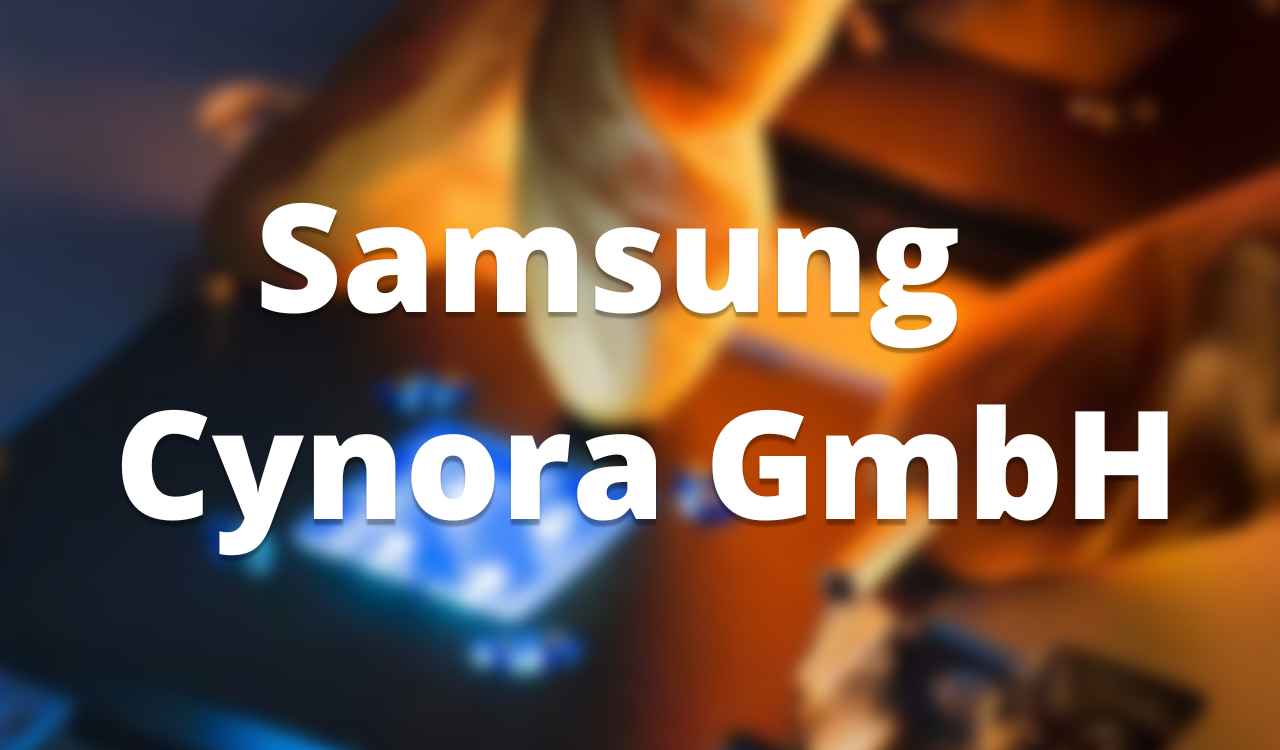According to the information, Samsung Display has acquired Cynora GmbH in Bruchsal, Germany, for about $300 million but it has also made layoffs.
Cynora basically develops organic light-emitting diode (OLED) materials to improve rigid displays and foldable, flexible, and transparent displays.
Cynora said to be a pioneer in thermally activated delayed fluorescence (TADF) technology and has blue and green emitter solutions designed to improve power efficiency and color contrast in OLED displays.
The report pointed out that Samsung is apparently only interested in intellectual property and patents , not the company and its employees. Local daily Badische Neue Nachrichten quoted Bruchsal Mayor Cornelia Petzold-Schick as confirming the layoffs , saying she was horrified and shocked by the move.
An organic light-emitting diode (OLED or organic LED), also known as organic electroluminescent (organic EL) diode, is a light-emitting diode (LED) in which the emissive electroluminescent layer is a film of organic compound that emits light in response to an electric current.
There are two main families of OLED: those based on small molecules and those employing polymers. Adding mobile ions to an OLED creates a light-emitting electrochemical cell (LEC) which has a slightly different mode of operation. An OLED display can be driven with a passive-matrix (PMOLED) or active-matrix (AMOLED) control scheme. In the PMOLED scheme, each row (and line) in the display is controlled sequentially, one by one, whereas AMOLED control uses a thin-film transistor (TFT) backplane to directly access and switch each individual pixel on or off, allowing for higher resolution and larger display sizes. – Wikipedia.
